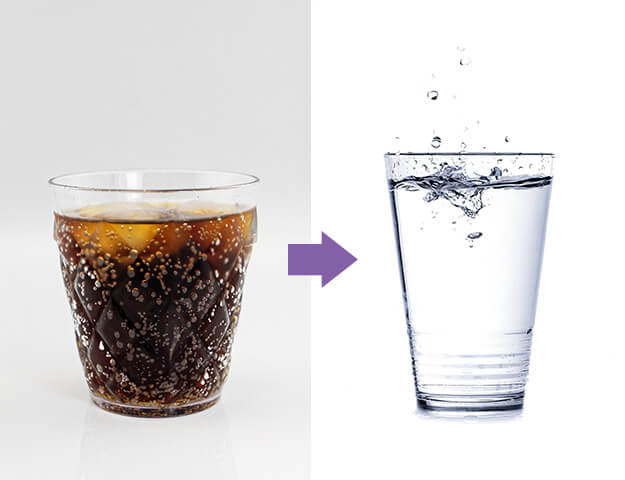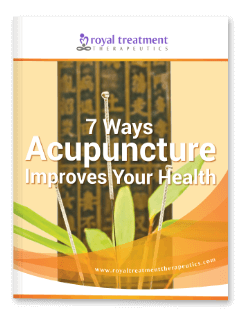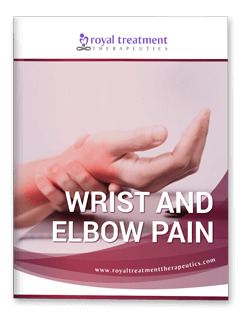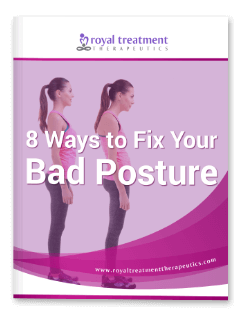How to Break Bad Habits for Good
From eating junk food at your desk every day to scrolling your Instagram feed for hours on end, we all have bad habits we know we should break – so why can’t we stop them? It all boils down to how our minds work. Repetitive actions become deeply ingrained in our brains which is why habits are so hard to quit. They aren’t impossible to overcome though – the key to breaking bad habits is not incredible willpower but knowing what causes them and putting better, healthier habits in place. Ready to kick a bad habit? Check out these steps to get started.
1) Pinpoint the exact behaviour you want to change and why
“I want to spend less time on social media” isn’t going to cut it. To break a bad habit, you need to determine the exact behaviour you want to change and come up with an actionable solution. For example, “I will read the news instead of going on Facebook” or “I will limit my Instagram usage to ten minutes per day” are much clearer and more concrete than just saying you’ll cut back on social media.

You should also think about why you want to want to quit the habit because a strong incentive will keep you motivated. Let’s say you want to stop eating fast food – “because it’s unhealthy” isn’t going to be a strong enough reason for you to turn your back on McDonald’s. Instead, your powerful motivators could be preventing obesity or decreasing your risk of heart disease so you can live longer and spend more time with your family.
2) Identify your triggers and remove them
It’s easier to fix bad habits when you avoid the things that cause them so spend some time figuring out what your triggers are and then take action. You can hide the TV remote if you reach for it every time you sit on the couch or stop stocking your pantry with chips if you always snack before dinner.

Sometimes, certain emotions trigger a habit and these can be harder to identify. If this is the case for you, be aware of how you feel when you get the urge to bite your nails or smoke a cigarette. Is it stress that’s driving you to commit these behaviours or could it be boredom? Find out what’s going on with you emotionally and then take the necessary steps to manage these emotions in a healthy way.
3) Make a switch

Replacing a bad habit with a better one is a lot easier to do than breaking a bad habit completely. You can choose to replace Coca-Cola with sparkling water, listen to podcasts instead of bingeing Netflix or pledge to writing at least one sentence when you feel like procrastinating your university essay. Make a plan and pick a substitute early on so you know what to do when the cravings kick in.
4) Get support from friends and family

Loved ones can be a valuable source of support and accountability. Ask a friend to be your running buddy if your bad habit is not exercising enough or tell your mom to check up on you every week to see how your no-smoking initiative is going.
5) Be patient
The popular 1960 book Psycho-Cybernetics states that it takes 21 days of conscious effort to change a habit. A recent study has found this to be way off. In 2009, researchers from University College London discovered that it takes an average of 66 days for a new habit to stick, with some individuals taking as long as 254 days. The key takeaway here is to be patient. Fixing an ingrained behaviour is a lengthy process so don’t get discouraged if it’s taking longer than expected.

If patience is not one of your virtues, consider rewarding yourself when you hit small milestones to keep your motivation going. For example, put the money saved from not buying a week’s worth of alcohol towards a spa day or fancy dinner. You can try a 30-day challenge too which makes the process feel more like a game than an overwhelming mission.
6) Seek professional help

Professional help may be the answer if you’ve tried all the previous tips but still can’t shake your habit. See your doctor if you suspect anxiety or depression is preventing you from making positive changes. A therapist can also offer support and help you find out the root cause of your habit.
Acupuncture can be a powerful tool as well. Stress is often the reason people turn to harmful behaviours like smoking, drinking and overeating. You’re less likely to engage in these types of behaviour when you’re calm and relaxed. This is where acupuncture comes in as one of its biggest benefits is stress relief. The natural treatment can ease anxiety and improve sleep quality too which can help curb cravings. It also improves circulation to speed up the detoxification process.
Get the support you need to achieve your New Year’s resolution
Our acupuncturist Jayden Kim offers specialized treatments which are designed to help with the following goals:
- Diet and weight management
- Quitting smoking
- Detox
Think you could benefit from acupuncture but still unsure if it’s right for you? Come in for a FREE 15-minute Discovery Visit to discuss the habits you want to get rid of once and for all. After hearing your concerns, Jayden will go over potential treatment options and answer any questions you may have.















Add Comment